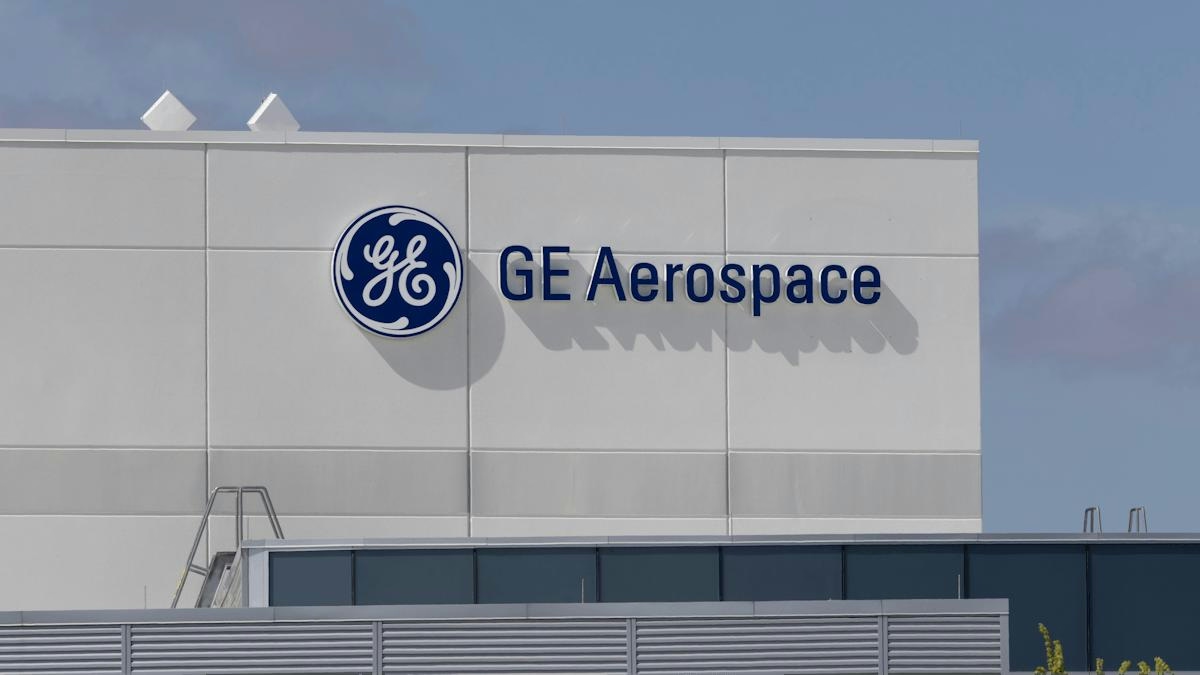
AeroGenie — Votre copilote intelligent.
Tendances
Categories
Delta Air Lines Partners with United, Azul, Virgin Atlantic, Royal Air Maroc, and Lufthansa to Implement Artificial Intelligence
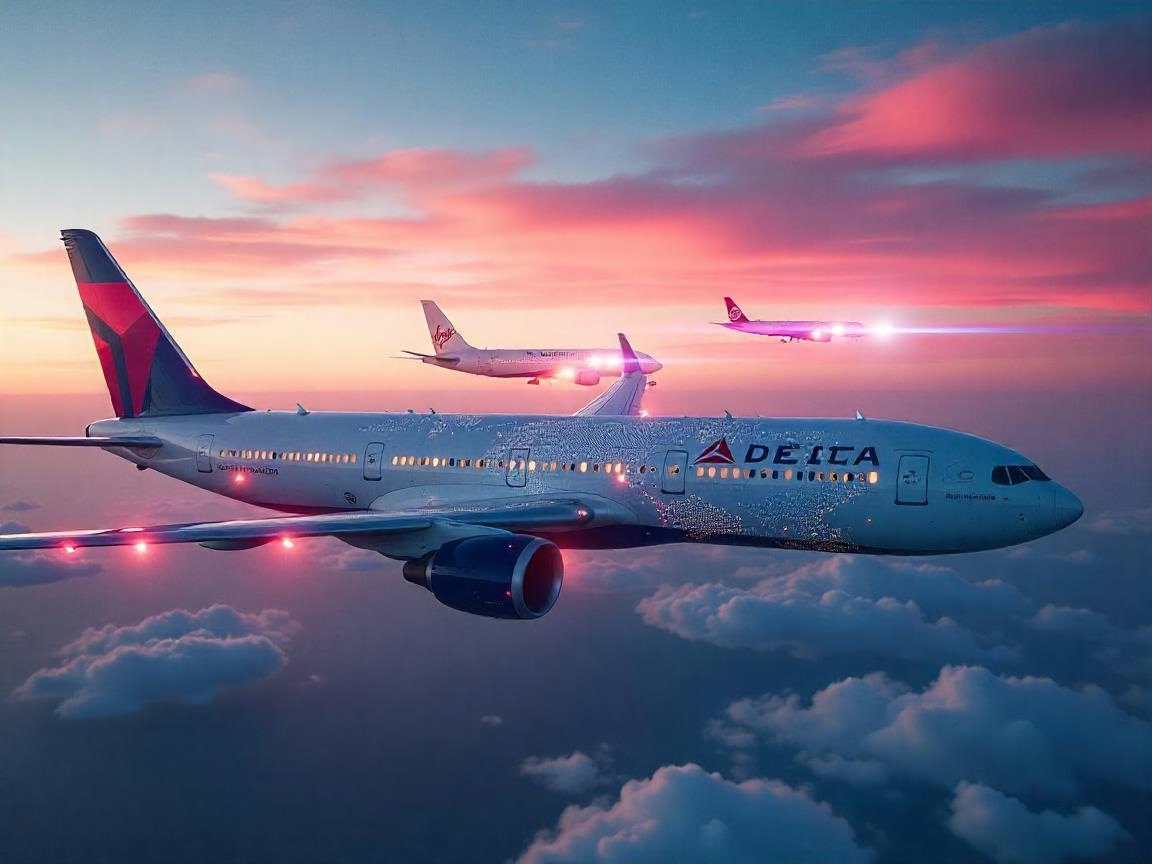
Delta Air Lines and Global Partners Embrace Artificial Intelligence to Revolutionize Ticket Pricing
Delta Air Lines has announced a strategic partnership with United Airlines, Azul Airlines, Virgin Atlantic, Royal Air Maroc, and Lufthansa to implement advanced artificial intelligence (AI) technologies aimed at transforming airline ticket pricing and service delivery. This collaboration marks a significant shift in the aviation industry, as carriers seek to replace traditional pricing models with AI-driven algorithms that analyze vast amounts of data in real time.
AI-Driven Pricing: A New Frontier in Airline Competition
Historically, airlines have relied on complex but static systems that consider factors such as seasonality, demand fluctuations, and competitor pricing to determine fares. Delta’s partnership with Tel Aviv-based technology firm Fetcherr introduces a sophisticated AI engine capable of processing billions of data points to adjust ticket prices dynamically, often on a minute-by-minute basis. This system enables airlines to optimize pricing strategies more efficiently than human revenue managers, potentially reducing manual intervention by up to 60% while maximizing revenue yields.
The adoption of AI allows these carriers to respond instantaneously to market changes, competitor actions, and shifts in consumer demand, providing a critical competitive edge in an increasingly volatile market environment. The integration of such technology signals a new era where pricing agility and precision become central to airline profitability.
Personalized Pricing and Its Implications for Travelers
The deployment of AI also introduces the possibility of hyper-personalized pricing models. Beyond traditional variables like seat availability and travel dates, fares may be tailored to individual traveler profiles, incorporating data such as browsing behavior, loyalty program status, travel frequency, and booking patterns. This could result in differentiated pricing strategies where elite frequent flyers, including Delta Medallion members, might face higher fares based on their demonstrated willingness to pay.
While this micro-targeting approach offers airlines the potential to maximize revenue, it raises important questions about transparency and fairness. The erosion of standardized fares in favor of individualized pricing risks undermining consumer trust, a fundamental element of customer loyalty in the airline industry. Travelers may find themselves navigating a less predictable and more opaque pricing landscape.
Challenges and Competitive Dynamics in AI Adoption
The implementation of AI-driven pricing strategies is not without challenges. The competition for skilled AI professionals is intense, with airlines and travel companies vying to attract top talent capable of advancing these technologies. Market conditions further complicate the landscape; for example, transatlantic airfares have declined amid reduced European travel to the United States, even as demand from the U.S. to Europe remains strong.
Other airlines are simultaneously accelerating their own AI initiatives to enhance operational efficiency and customer experience, intensifying the race for technological leadership. As these developments unfold, travelers can expect a rapidly evolving environment where pricing and service models become increasingly dynamic, yet potentially less predictable.
The partnership between Delta and its global counterparts underscores a pivotal moment in the aviation sector, as AI reshapes the mechanisms of fare determination and competitive strategy on a global scale.
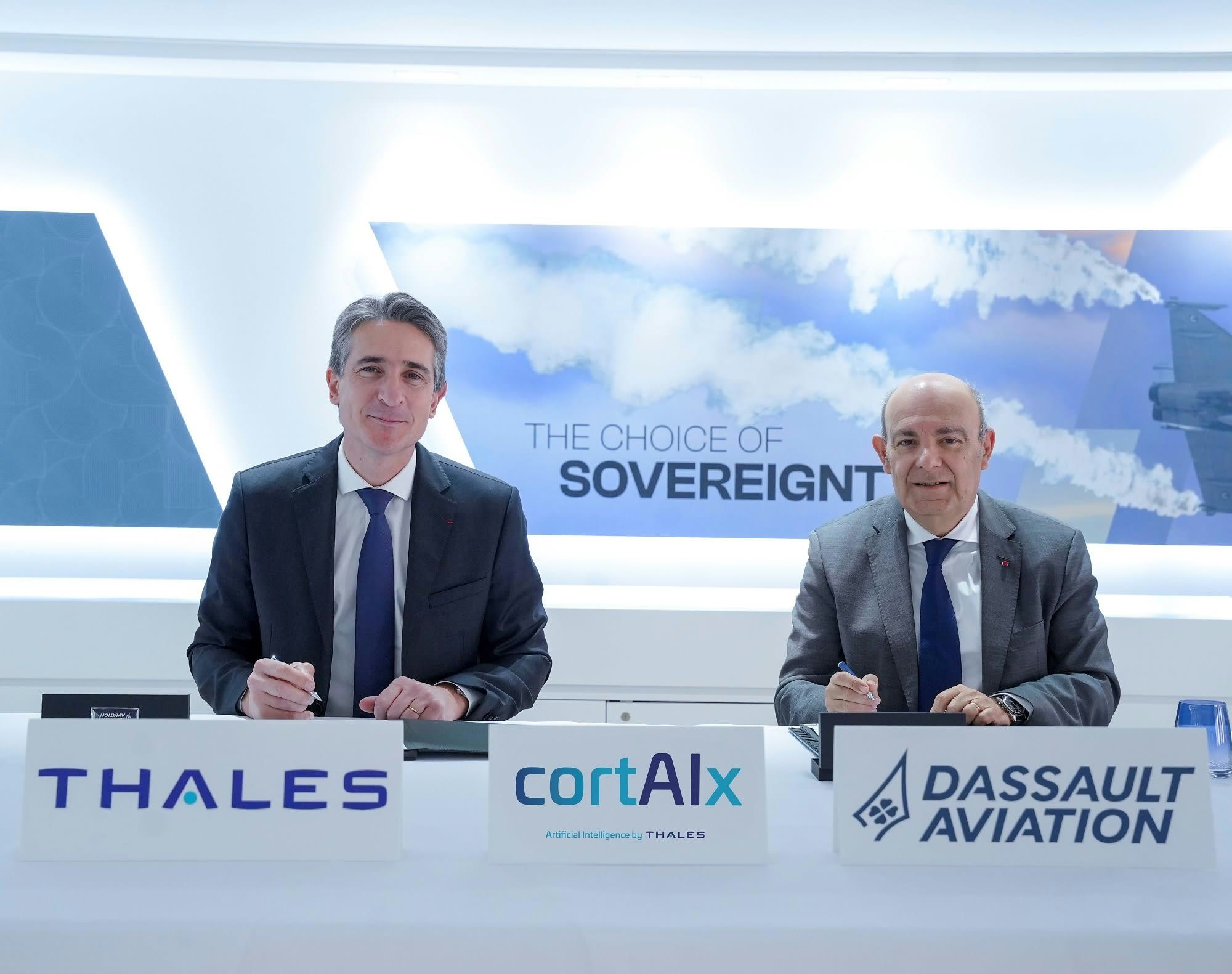
Dassault Aviation and Thales Partner on AI for Future Air Combat
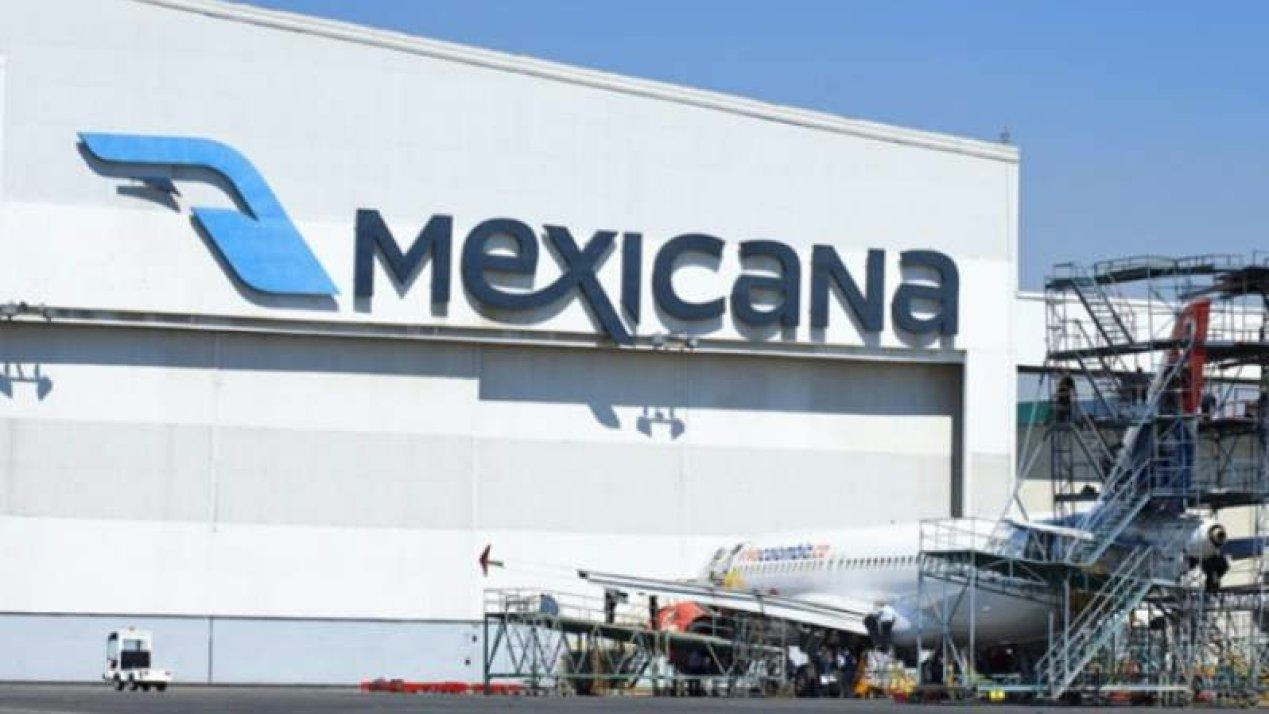
Mexicana MRO Deal Stalls Pending Banorte Extension Approval
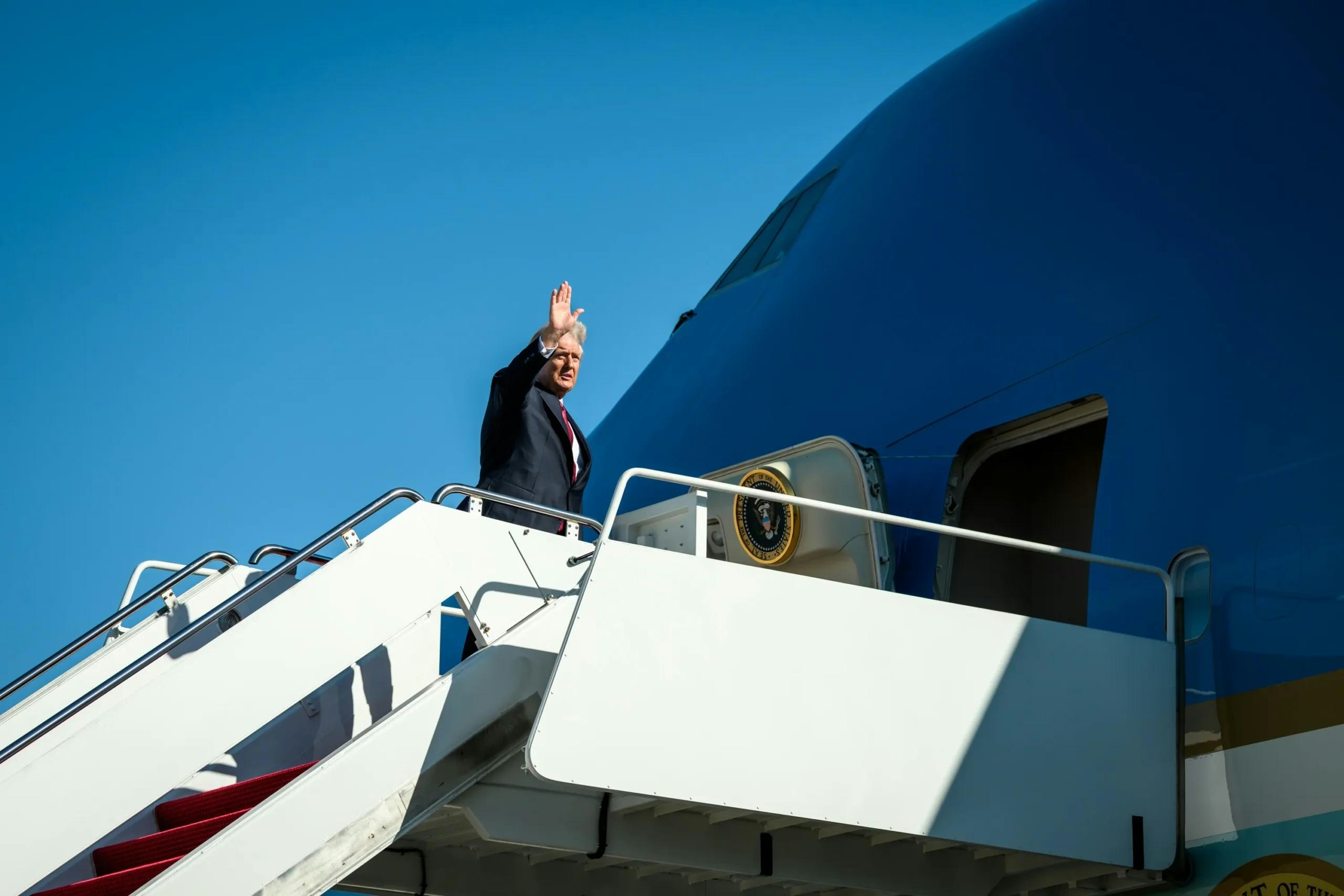
Trump's Policy on DEI Raises Concerns Over Aircraft Mechanic Training
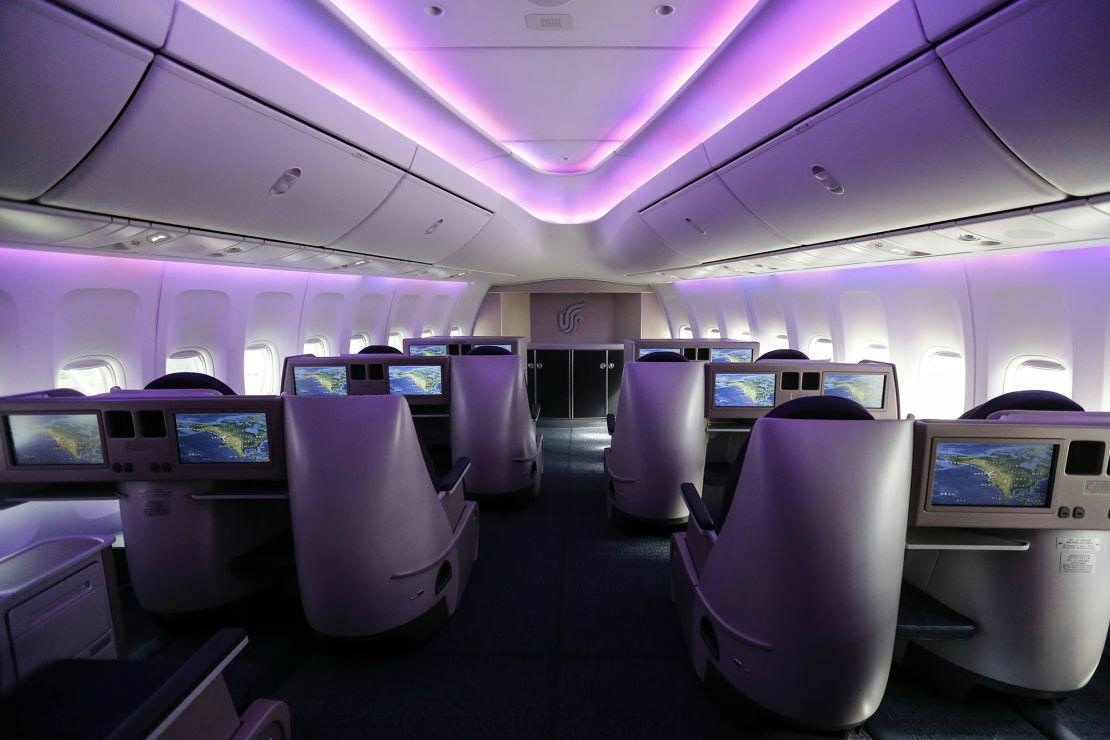
Why Boeing’s 747 Lacks a Full Second Deck Unlike the Airbus A380

Deutsche Aircraft Appoints Ernst-Georg Schröder Manager of Final Assembly Line for D328eco
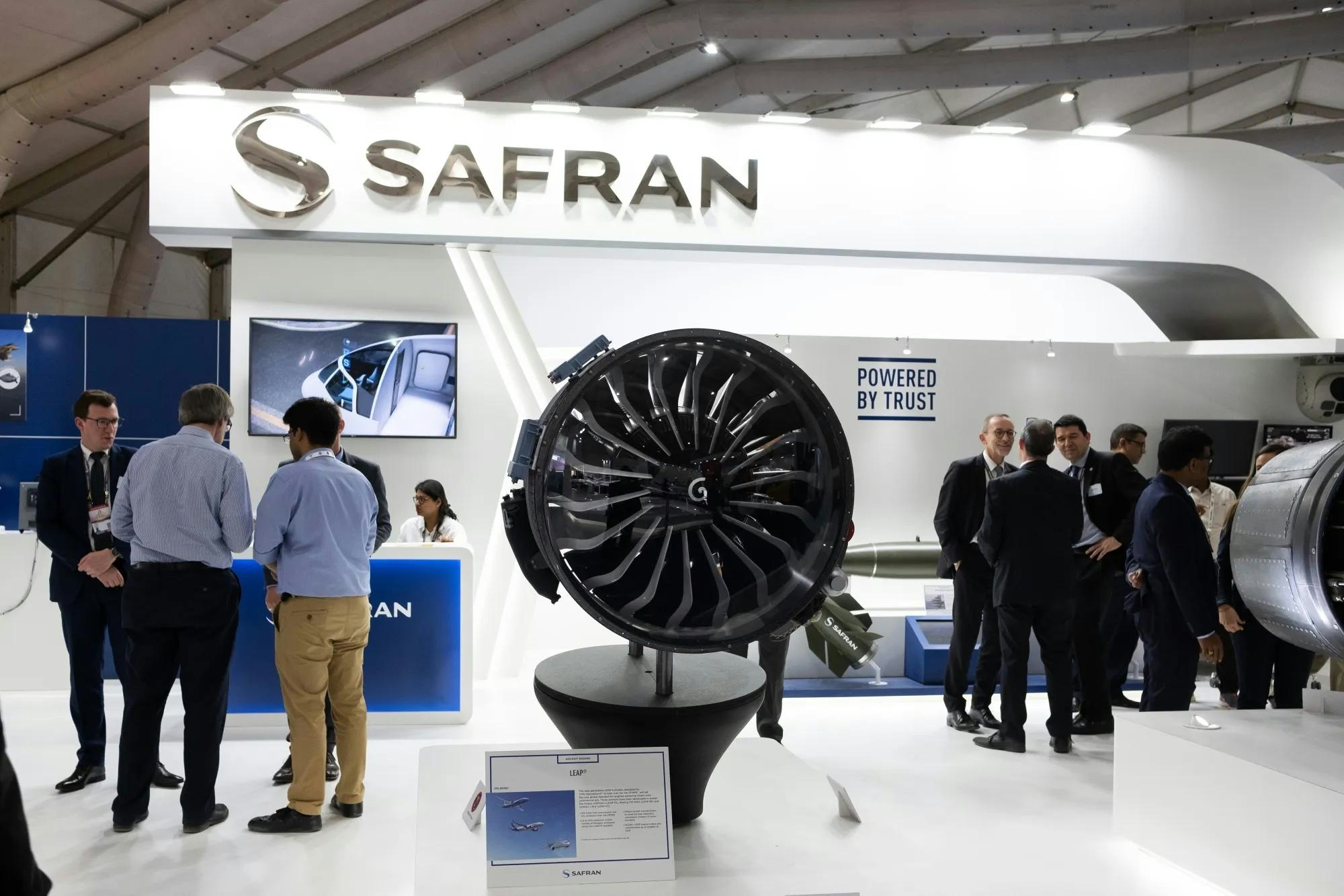
PM to Inaugurate Safran Aircraft Engine Services Facility in India on November 26
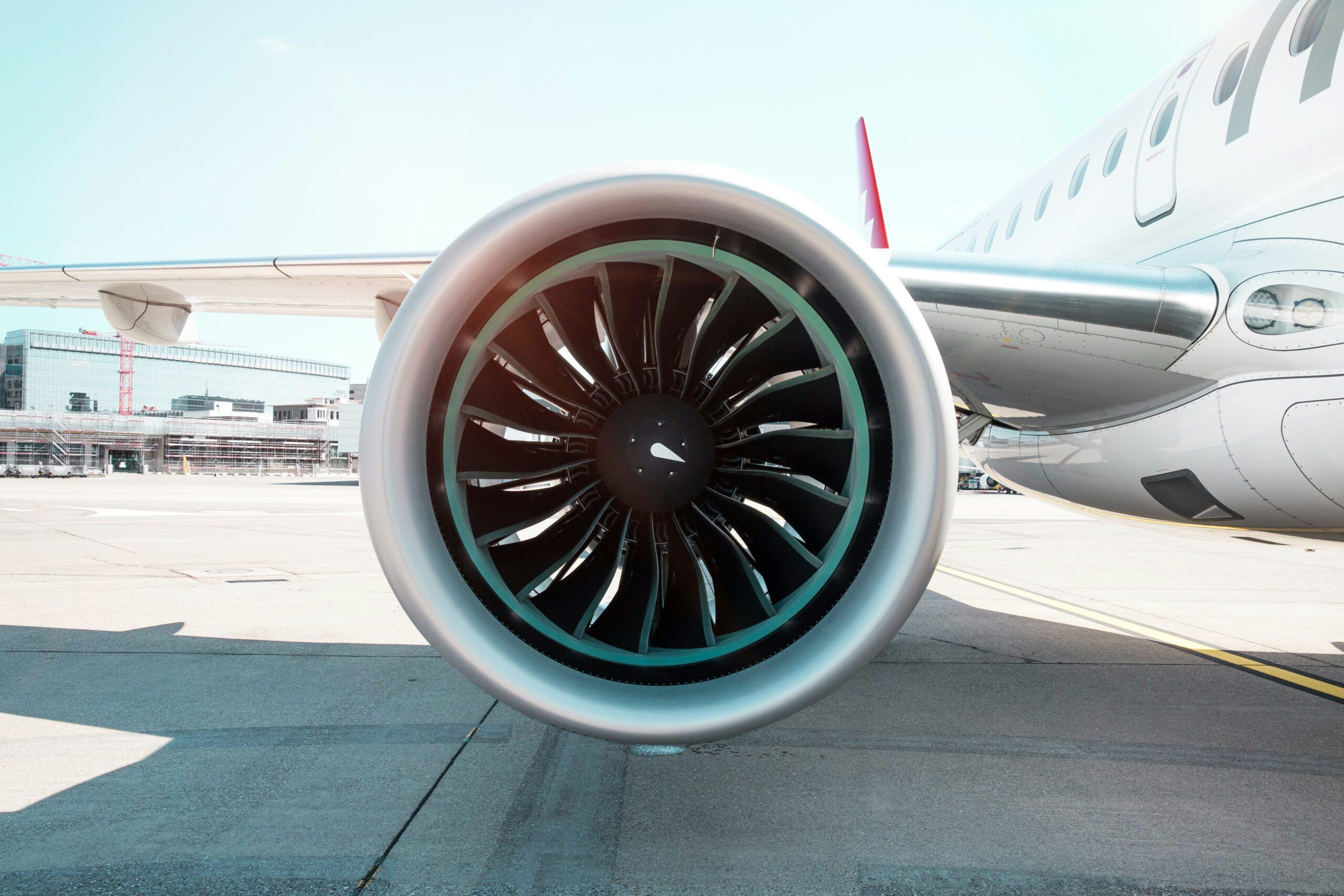
Leading Companies in Aviation Artificial Intelligence: Airbus, Amazon, Lockheed Martin, Tata Power, Thales
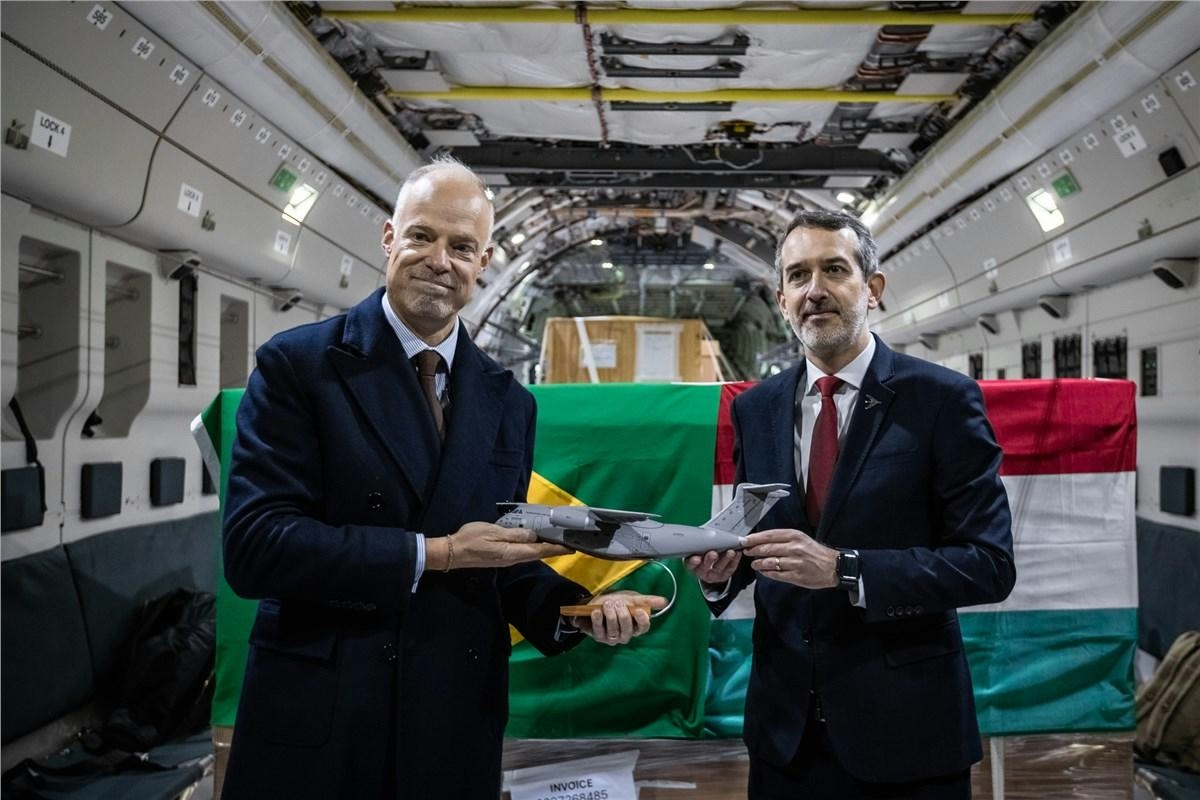
Embraer and ILIAS Partner to Enhance Military Fleet Management
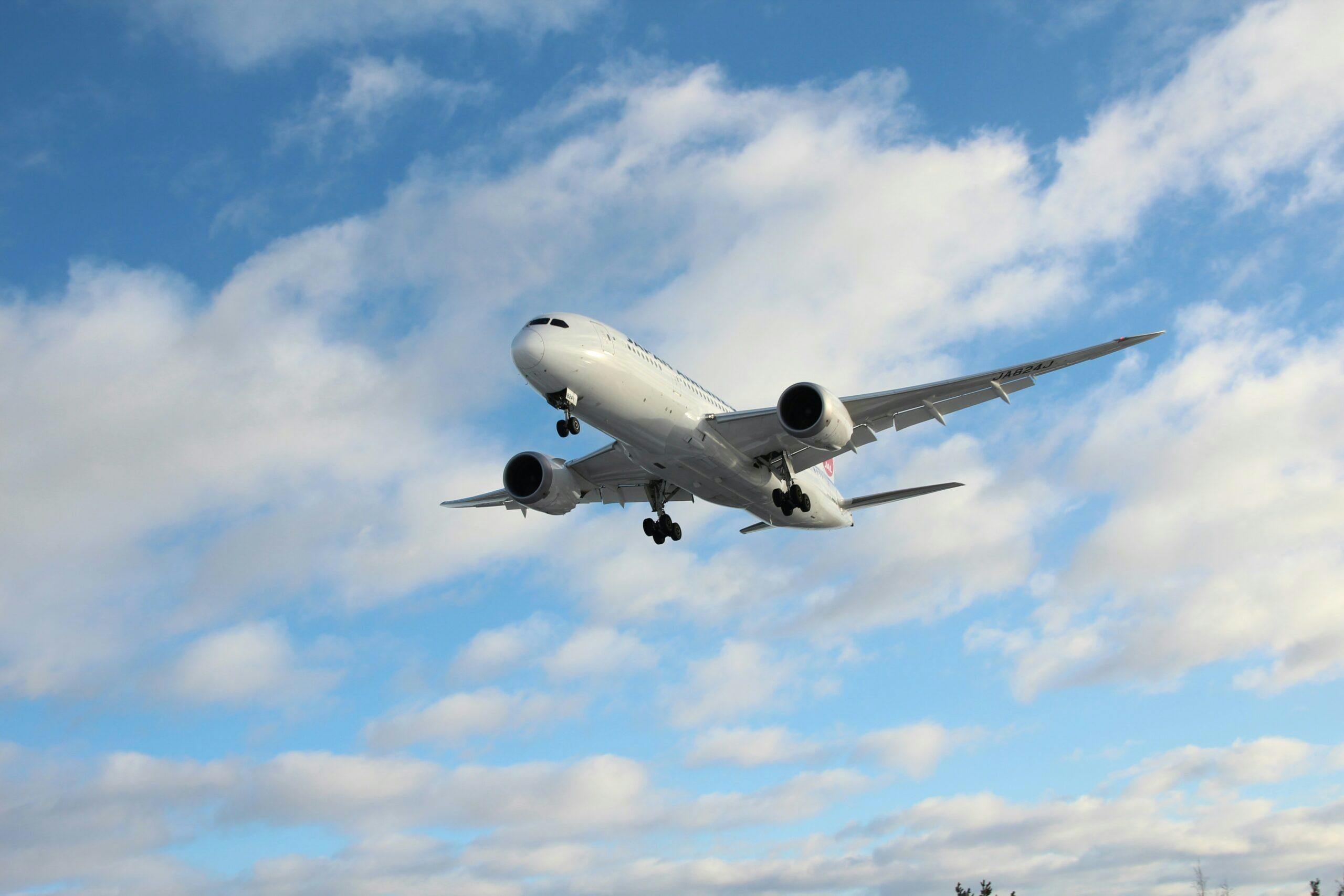
Warburg Pincus Acquires Hong Kong-Based Topcast Aviation Supplies
